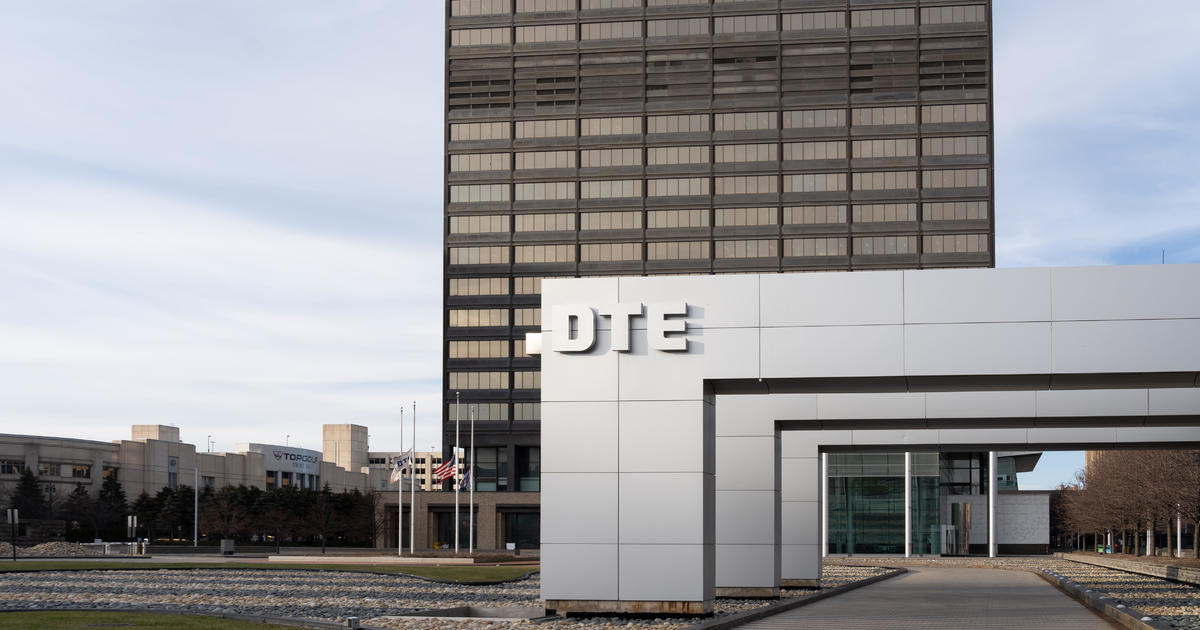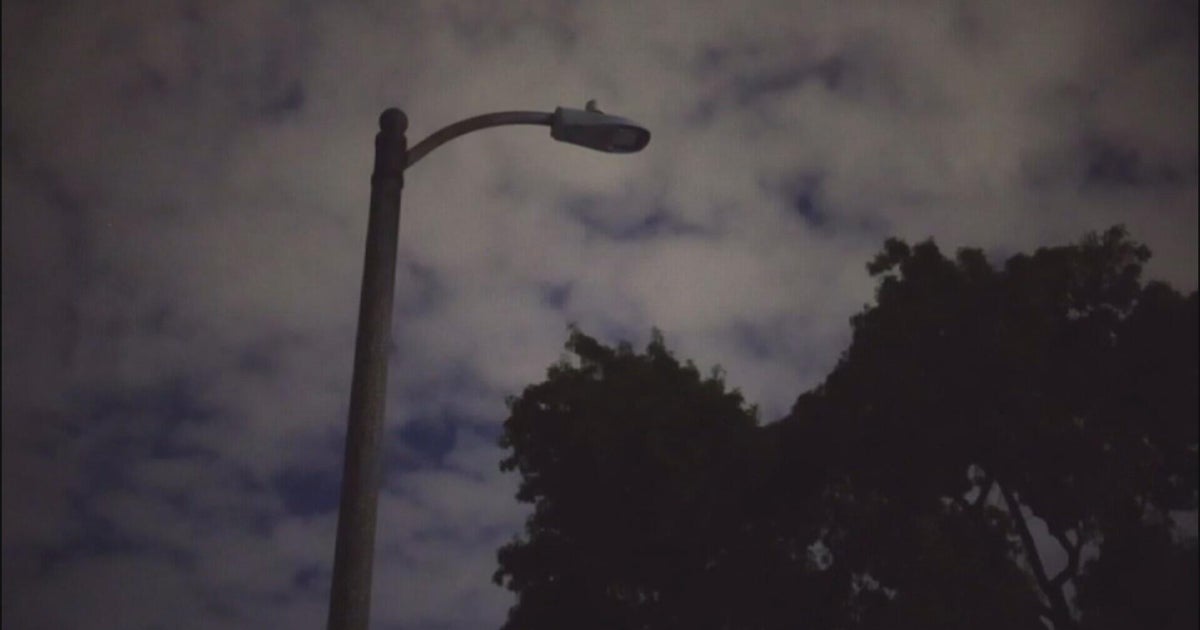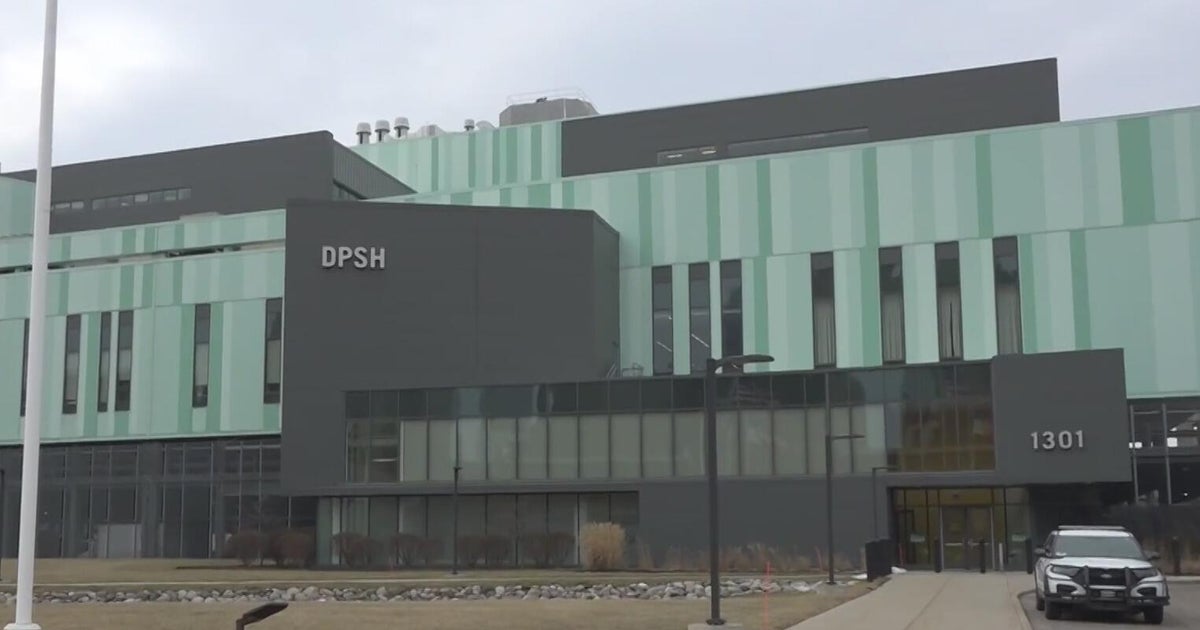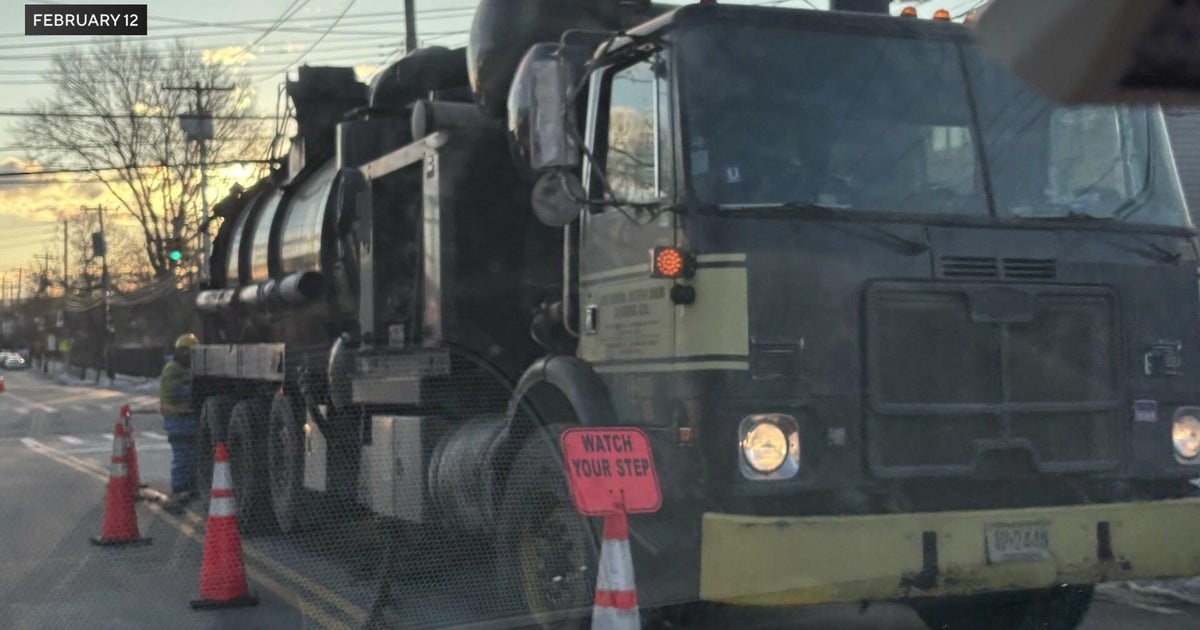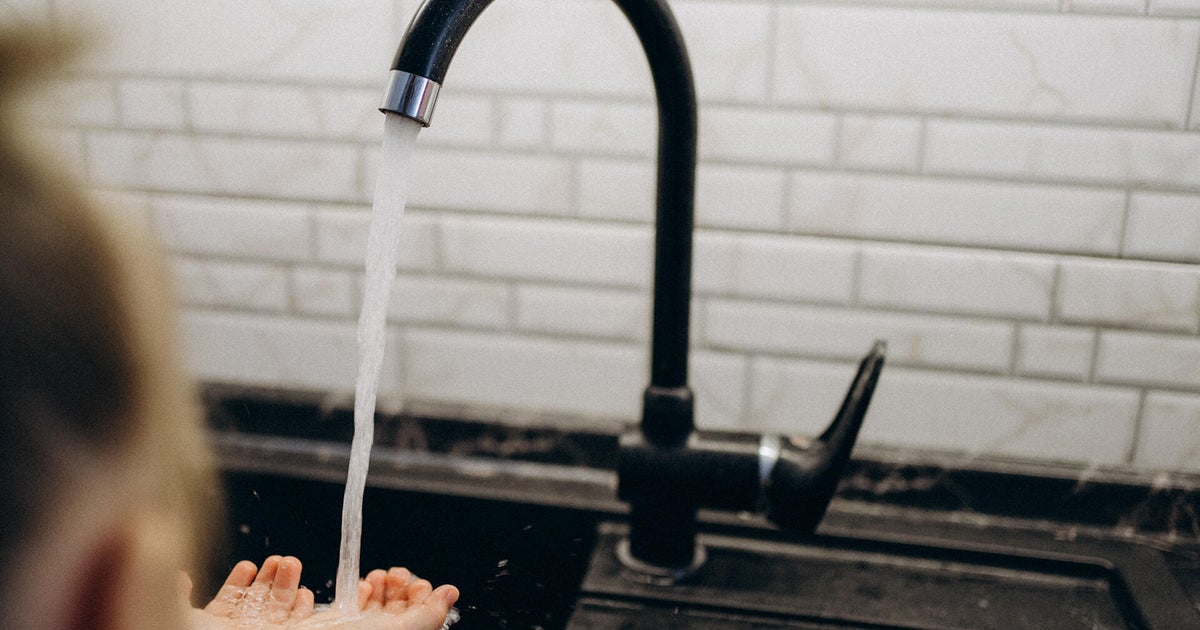Cities Face Millions In Wastewater Upgrades, Repairs
ST. PAUL, Minn. (AP) — Public works employees in the southwestern city of Minneota frequently hang inside manholes, poking with a long stick to move chunks of human waste and refuse that block sewer flow. The mayor of Winsted, a city of about 2,400, wonders how he'll pay for a $7 million upgrade to the town's wastewater treatment facility to meet new environmental standards. In Detroit Lakes, residents face a doubling of sewer rates to pay for a new wastewater facility.
All three communities, like others across Minnesota, are struggling with how to deal with aging or insufficient wastewater treatment facilities and systems. Whether cities need to bulk up their plants to serve growing populations or meet new environmental standards, residents will likely foot part of the bill.
An analysis by The Associated Press of wastewater plant data shows those facilities were two decades old in 2013, on average, with many far older, according to the most recent data available from the state. The cost of upgrading them all, along with other infrastructure like sewers, would be some $1.5 billion over five years, far more than the roughly $860 million doled out over the past five years in state loans and grants. But unlike the debate over roads and bridges at the Capitol this year, there's been scant focus on wastewater.
That could change in the session's closing weeks, if only slightly. Gov. Mark Dayton recommended $21 million more for wastewater facility improvements as part of a public works package. And Senate Majority Leader Tom Bakk said his caucus would like to spend even more. But it's not clear if House Republicans, who have been cool to the idea of a general infrastructure bill, will even pass one.
In Minneota, Tim DeVlaeminck is one of three city employees who rotate weekend sewer duty. The lucky worker hits a handful of manholes every Friday, using a 10-foot rod to dislodge masses of human waste and toilet paper that look "like a giant hot dog."
"I always say every councilmember should have to come out and do this to see what we do," said DeVlaeminck, the city's water/wastewater operator.
Minneota is near the top of a state list of wastewater projects in need of funding — $5 million to upgrade its underground sewer piping.
"Some of the stuff was here when the streets were still dirt," DeVlaeminck said.
In nearly 140 Minnesota communities, the majority of sewer pipes are more than 50 years old, according to the Minnesota Pollution Control Agency. That includes major cities like Duluth, St. Paul and Minneapolis. Older sewers, like aging treatment plants, are less efficient and require more work to maintain.
The statewide list pegs the total need for wastewater projects at about $1.5 billion over the next five years. The largest source of funding for such projects, a state revolving loan fund, provided less than half that from 2010 to 2014, though more money also came in the form of grants.
City officials say the loan system works well, but it takes time. A community must write a long-term plan before getting on the list, which even then can require a long wait. And not every listed project in a given year is funded, leaving some cities to wait for the next round of money.
Because most of the wastewater money available to cities comes as low-interest loans, many cities raise sewer rates to gather cash to pay back their obligations. Detroit Lakes could face a $30 million upgrade to its plant and it plans to pay solely through rate increases, said public utilities general manager Vernell Roberts.
"It's going to be a significant rate driver for sure," Roberts said. The average residential monthly sewer rate of about $35 will roughly double over the next five years, he said.
The statewide estimate of $1.5 billion for wastewater projects is likely lower than reality. Cities also face ongoing costs to operate and maintain wastewater treatment plants, which can cost more than the facility's construction over its life. And state water quality standards currently in development could require more communities to upgrade, though the state allows them to demonstrate such standards would be a financial burden and argue for a variance.
State Auditor Rebecca Otto wants to design a comprehensive map detailing Minnesota's infrastructure needs, which would include wastewater projects and help lawmakers plan funding decisions years in advance. Dayton has recommended starting the project with a $150,000 investment.
"It's kind of the nitty-gritty of government that people don't necessarily want to talk about or think about," Otto said. "Again, this stuff is not sexy. But it's critical to public health."
(© Copyright 2015 The Associated Press. All Rights Reserved. This material may not be published, broadcast, rewritten or redistributed.)
